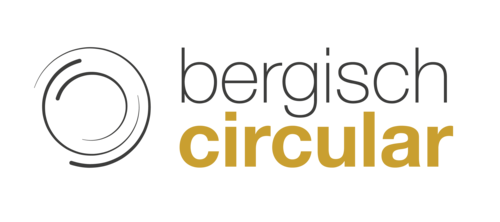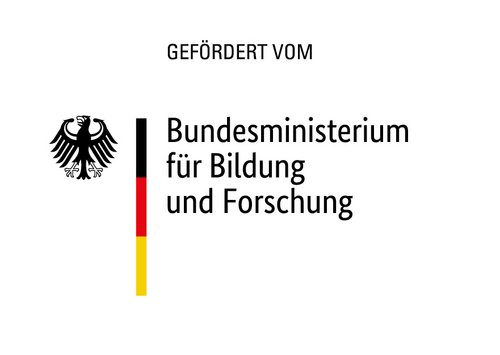In the context of the transformation towards a circular economy, municipalities, inter-municipal networks and regions play an important role. This arises on the one hand from their different municipal tasks, e. g. related to waste management, building management and administration, and on the other hand from their associated resource consumption, waste volumes and greenhouse gas emissions. But how can and should municipal and inter-municipal administrative structures look like that foster circular economy in the administration and how does this strengthen sustainable regional development?
The Wuppertal Institute approaches this question through continuous scientific support of the project bergisch.circular. In the project, the Wuppertal Institute and the Neue Effizienz work together with the cities of Wuppertal, Solingen and Remscheid as well as the municipal subsidiaries Gebäudemanagement der Stadt Wuppertal (GMW, Building Management of the city of Wuppertal), Technische Betriebe Solingen (TBS, Technical Enterprises of Solingen) and Stadtentwicklungsgesellschaft Solingen GmbH (SEG, City Development Corporation Solingen). Thus, pilot concepts are developed and tested that can implement circular inter-municipal administrative structures in an economic, practicable and citizen-oriented way. With the help of the Design Thinking method, the Wuppertal Institute, together with Neue Effizienz and the municipalities, develops a standardised, so-called "blueprint" for inter-municipal administrative structures. The blueprint aims to promote circularity, including qualification profiles and practical solutions.
The developed "blueprint" should enable the municipalities to develop and establish inter-municipal, circularity-promoting administrative action and to make meaningful use of synergies at the inter-municipal level. The topics covered are circular construction, public procurement and waste prevention.
Within the three topics, the projects intends to realise diverse impacts. On the one hand, circular economy criteria should be integrated in municipal construction projects and building management. On the other hand, a higher re-circulation of materials as well as a larger share of circular products within municipal procurement should be realised. Furthermore, with the developed and tested pilot concepts, citizens should be sensitised regarding waste prevention and, related to this, waste generation reduced.
The results of the project mainly address the Sustainable Development Goals (SDG) 17 "Partnerships for Achieving the Goals", 11 "Sustainable Cities and Communities" and 12 "Responsible Consumption and Production Patterns".



